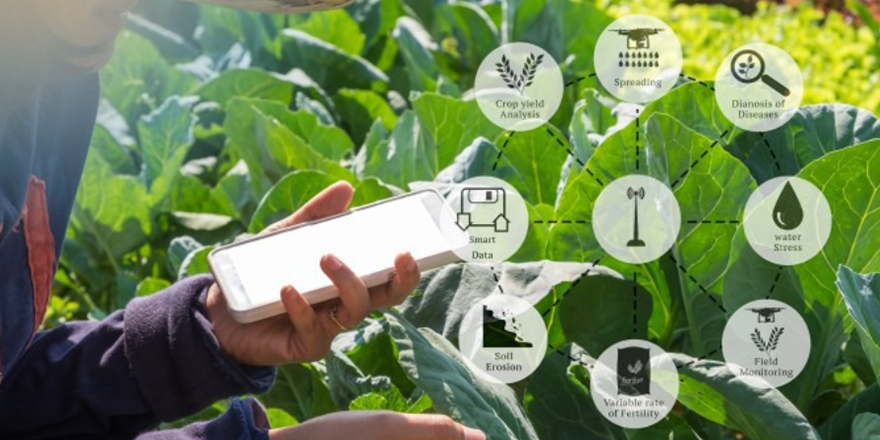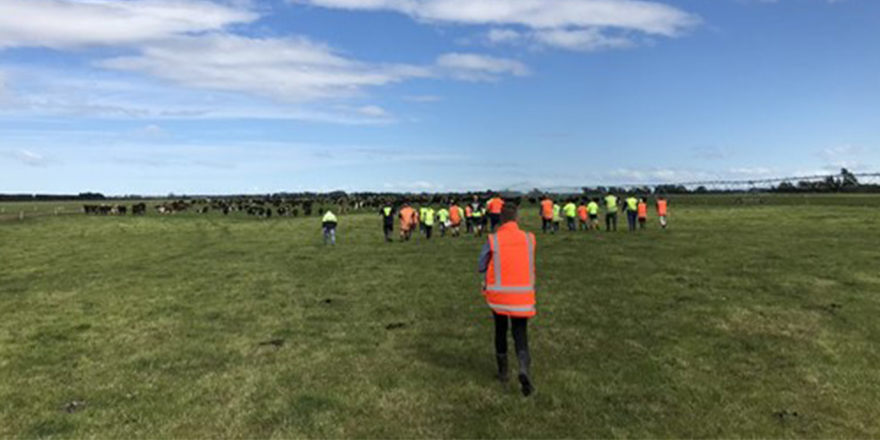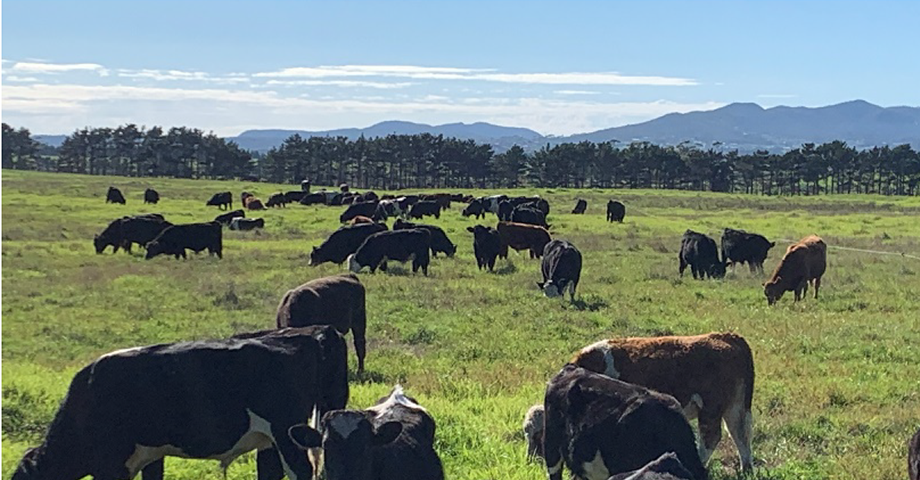
Executive summary
Continual advancement of technology has created an excess number of data creation and management tools for use within agriculture. Multiple tools exist with similar purposes. Many of these are farm management tools or feed directly into the decisions associated with farm management. Reducing the number of new tools being created, would create for drive for information to be shared among the existing tools.
Open-source data sharing creates a centralised data pool. Data shared in the pool could be used by other tools for more efficient data utilisation. Combining data from various tools can utilise data more efficiently rather than looking at data from individual tools in isolation.
Many challenges exist alongside creating an open-source platform. Firstly, current tools often do not communicate their data directly and automatically with each other. They rely on an intermediate, often manual step, to transfer the data by downloading and uploading data. This process is time consuming and can result in errors within the data. Secondly, agriculture is not well digitally represented. For a country and a sector which prides itself on innovation, the uptake of technology and data recording has struggled to move past the early adopters until recently.
Within the current agricultural data landscape, not many farms have their own digital twin. Under representation of farm digital twins has been driven by a lack of data sharing between tools. Lastly, many farmers are worried that creating an open-source platform may allow for other people to have better access to their data than they do or specific data about location will be easily accessible. However, open source and more public data could help to bridge urban rural divide and demonstrate the work towards environmental stewardship which customers are demanding.
Currently, there is no leader in the open-source space within New Zealand agriculture. A lack of leadership has created a disconnect between the technology developers and those on farm implementing the technology. The evidence of the disconnect can be seen through the workstreams present within the agricultural technology community. These workstreams include data interoperability and targeting management of agricultural data by Trust Alliance NZ (TANZ) and AgriTechNZ respectively.
Whilst these workstreams are being undertaken, the implementers on farm do not know these workstreams are occurring. Farmers are still looking for a solution to many of the issues associated with accessing and increasing utilisation of their data. The level of openness is viewed differently between the creators of the data on farm and those who may look to have an insight into what is happening on farm.
To create a successful open-source platform there are several pertinent workstreams to carry out. Firstly, creating a data interoperability standard, where all data can be shared from one tool to another with a small amount of translation. Secondly, defining multitiered data rights and access to the pool based on the contributor granting access.
Both creating interoperability standards and appropriate data rights, removes the ability for competitor service companies to hold on to farm information as a competitive advantage. Plus, data about the farm could be passed on with a sale electronically rather than as paper records. Lastly, the creation of an open-source platform could ultimately allow for data sharing and automatic population of compliance documents. Open source could help to create one compliance audit on farm for all purposes, ultimately saving the farmer time whilst utilising data better on farm.




